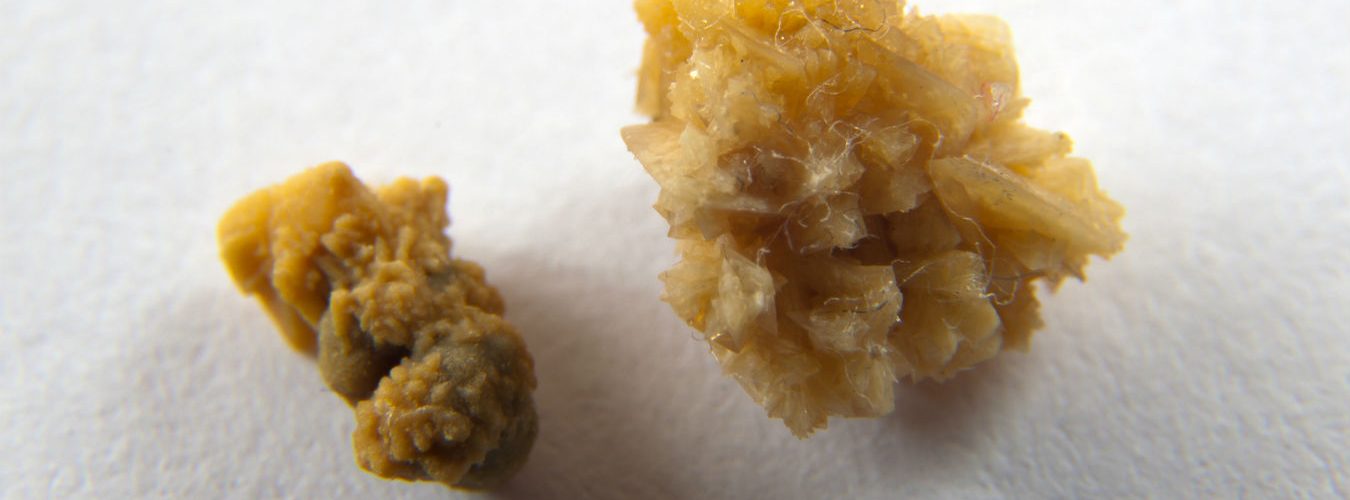If you’ve been diagnosed with kidney stones, your first questions may be, “Why?” or, “What exactly happened to cause them to form inside of me?”
According to the Urology Care Foundation, there are seven basic causes of kidney stones. They are as follows:
- Genetics. If your mom, dad, sister, or brother has had a kidney stone, then you’re more likely to have them too. Research confirms this, as a study published in the Journal of American Society of Nephrology found that “a family history of kidney stones substantially increases the risk of stone formation.”
- Low Urine Output. Put simply, if you don’t urinate often enough, then you’re increasing the likelihood that you’re going to develop a kidney stone. This happens if you don’t drink enough or if you lose too many fluids through other means, such as by sweating a lot due to intense heat or excessive exercise.
- Dietary Considerations. Consume too much salt, high levels of animal protein, or too many foods high in oxalate, and kidney stones may be in your future. The University of Chicago identifies spinach, rhubarb, rice bran, almonds, and miso soup as some of the most oxalate-rich food sources.
- Other Health Issues. Certain health conditions can increase your risk of developing these painful stones. These include kidney-related conditions distal renal tubular acidosis, cystinuria, and hyperoxaluria, just to name a few. Diseases with diarrhea as a main symptom, such as Crohn’s or ulcerative colitis, can increase your stone risk as well.
- Certain Medications. If you’re taking medication, it’s possible that it is either the cause of or a contributor to your stone’s development. Research published in Reviews in Urology shares that some of the medications capable of inducing this effect include loop diuretics and carbonic anhydrase inhibitors, in addition to laxatives if they’re abused.
- Some Supplements. The Council for Responsible Nutrition’s 2016 Consumer Survey found that 68 percent of Americans take some form of dietary supplement. While this can be beneficial for decreasing vitamin and mineral deficiencies, the Urology Care Foundation indicates that two supplements in particular—calcium and vitamin C—“may increase your risk of forming stones.”
- Being Overweight. According to the foundation, “obesity may change the acid levels in the urine, leading to stone formation.” Thus, carrying extra weight can be a contributing factor to stone formation too.
While some of these issues are outside of your control, such as those associated with genetics and having other medical conditions, many of these causes can be lessened if not avoided completely solely by making some lifestyle changes.
And even if you do have risk factors associated with heredity or your health, that doesn’t mean that stones will definitely be in your future. Focus on the behaviors known to prevent them and you’ll at least give yourself a fighting chance.


